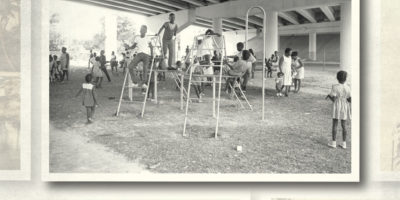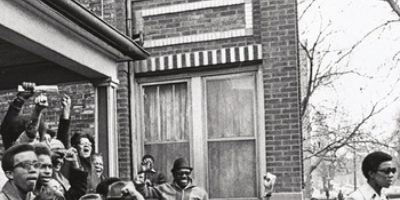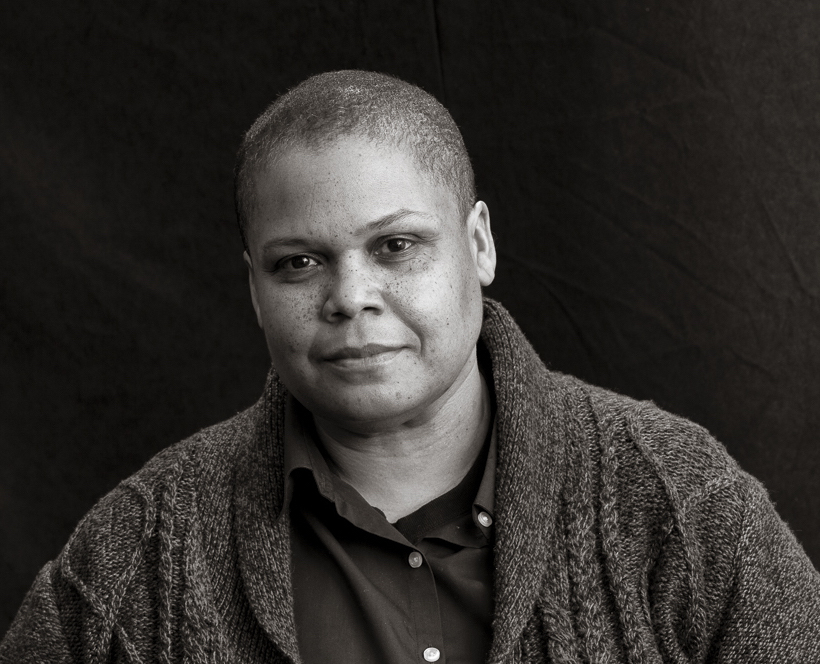Feb 06
Housing Discrimination in the Jim Crow US and the Case for Reparations



Description
The case for reparations is often made in reference to the long legacy of slavery in the United States. But after emancipation, black people continued to face systematic violence and institutional racism -- lack of access to safe, affordable, and decent housing is one of the most egregious examples. Join historians Nathan Connolly, Beryl, Satter, and Keeanga-Yamahtta Taylor in this discussion of the ways in which housing policy, over the course of the twentieth and into the twenty-first century, created and re-created inequality.
Speakers
-

Nathan Connolly
Johns Hopkins University
Nathan Connolly writes about racism, capitalism, politics, cities, and migration in the late-nineteenth and twentieth centuries. He pays special attention to people’s notions of family, property, and citizenship in the United States and the wider Americas. He is a co-host on the weekly podcast BackStory and Director of the Racism, Immigration, and Citizenship Program at Johns Hopkins University.
Connolly's first book, A World More Concrete: Real Estate and the Remaking of Jim Crow South Florida, received numerous awards including the 2014 Kenneth T. Jackson Book Award from the Urban History Association and the 2015 Liberty Legacy Foundation Book Award from the Organization of American Historians. The book resuscitates older discussions of racism's profitability by treating Jim Crow segregation in Greater Miami as a variation on the colonial and postcolonial practices afflicting tropical populations around the world. A World More Concrete also highlights never-before-seen conflicts between tenants, urban landlords, homeowners, politicians, and property managers over how best to profit from Native Americans, Caribbean migrants, working-class whites, and the black poor.
His current projects include Four Daughters: An America Story [sic]. This collective biography covers four generations of a single family, following the lives of four women of color whose forbearers migrated from the Caribbean to the United States by way of Britain between the early 1900s and 1990s. A genuinely Atlantic history, Four Daughters explores how Caribbean immigrants of color and their children defined success in America through years of British colonization, second-wave feminism, the civil rights movement, "right to work" politics, and the War on Drugs. The other book project, Black Capitalism: The "Negro Problem" and the American Economy, offers the first sweeping account of how black economic success shaped the way Americans and immigrants understood the possibilities offered by capitalism in the United States.
-

Beryl Satter
Rutgers University, Newark
All history is personal, according to conventional wisdom – but for Dr. Beryl Satter, some history is more personal than others. Early in 2009, she published Family Properties: Race, Real Estate and the Exploitation of Black Urban America, a carefully researched, searing study of massive financial discrimination and its decades-long repercussions. The book is both factual and deeply personal, for it chronicles her late father’s battles against discriminatory and predatory lending practices in Chicago a half-century ago. In the process of researching the book, Satter undertook a quest to learn more about her late father, civil rights lawyer Mark J. Satter, who died when she was 6 years old. In 2010, Family Properties won the National Jewish Book Award in History, the Liberty Legacy Award in Civil Rights History, and the “Honor Book” award by the New Jersey Council for the Humanities. It was listed among the best books of 2009 by The New York Times, the Washington Post, the Progressive, and the Newberry Library.
Satter is a teacher and scholar of U.S. history, women's history, and cultural and urban history. Her scholarship and teaching excellence have been recognized with many awards including a 2015 Guggenheim award. Satter, a New York City resident, is a graduate of Harvard Divinity School and holds a doctoral degree in American Studies from Yale University.
-

Keeanga-Yamahtta Taylor
Princeton University
Keeanga-Yamahtta Taylor writes and speaks on Black politics, social movements, and racial inequality in the United States. She is the author of From #BlackLivesMatter to Black Liberation, which won the Lannan Cultural Freedom Award for an Especially Notable Book in 2016. She is also the editor of How We Get Free: Black Feminism and the Combahee River Collective, which won the Lambda Literary Award for LGBTQ nonfiction in 2018. Her third book, Race for Profit: Black Housing and the Urban Crisis of the 1970s, is forthcoming from University of North Carolina Press.
Taylor is a widely sought public speaker and writer. In 2016, she was named one that one hundred most influential African Americans in the United States by The Root. Her writing has been published in the New York Times, the Los Angeles Times, Boston Review, Paris Review, Guardian, The Nation, Souls: A Critical Journal of Black Politics, Culture and Society, Jacobin, and beyond.
Taylor received her PhD in African American Studies at Northwestern University in 2013. She is assistant professor in the department of African American Studies at Princeton University.